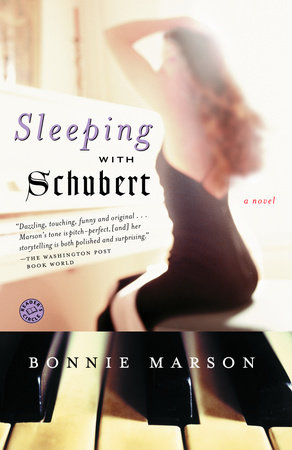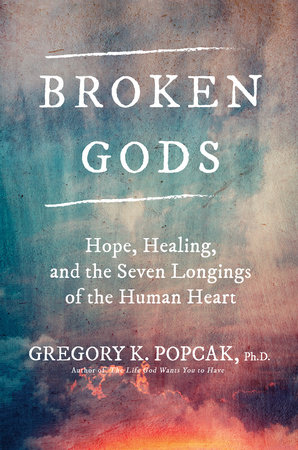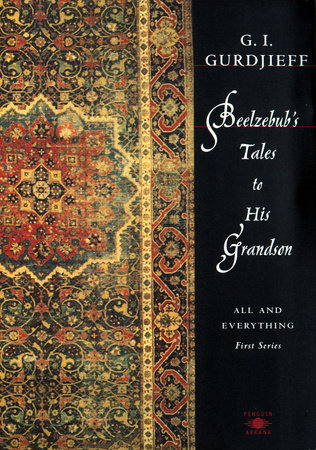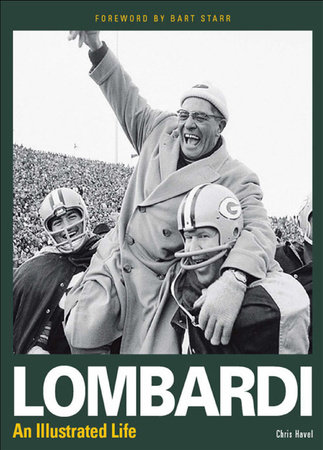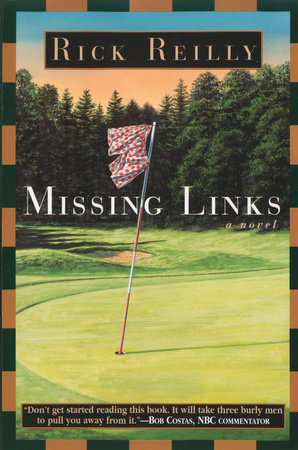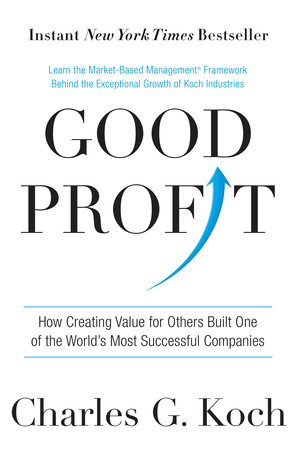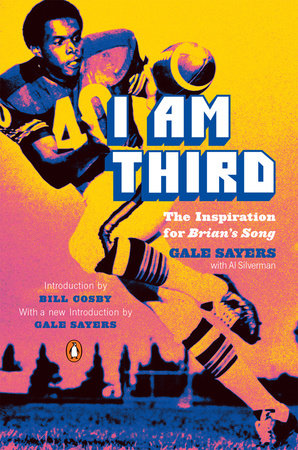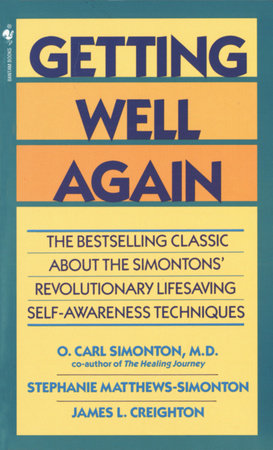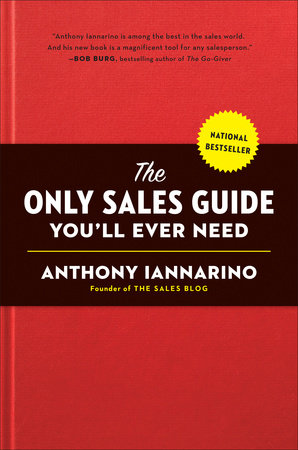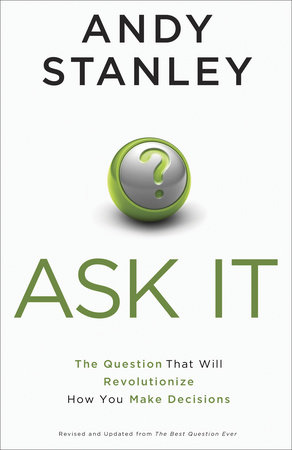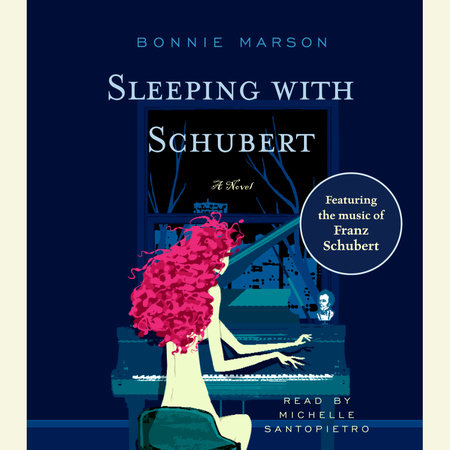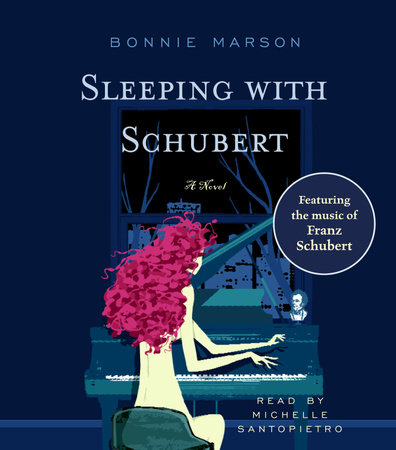Author Q&A
On Schubert, Spirits, and Singing in the Shower: A Conversation with Bonnie Marson
Q:Sleeping with Schubert touches on a common human fantasy: to be something larger than we really are or discover talent that we never knew we had. Would you consider this a universal part of the human condition?
Bonnie Marson: Aren’t we all inspired by other people’s gifts? We think, If only I could play like him, or dance like her, or think like someone else. Personally, I sing like a goddess in the shower but sound like a toad anywhere else–I’m pretty sure other people do that, too. Sleeping with Schubert takes this common fantasy out of the shower and into a life. It asks what would happen if, in the middle of your normal life, your wildest dream came true. And I hope it makes the point that, in real life, ordinary people have greatness in them.
Q:Is your sudden success as a writer (i.e., quickly selling your first novel and optioning the movie rights) a parallel to Liza’s success as a pianist?
BM:With the major exception that I’m not inhabited by genius, yes, there are parallels. Liza Durbin becomes inhabited by Franz Schubert and finds herself thrust into the classical music world, studying with a top pianist at Juilliard, playing at Carnegie Hall, recording for Sony Classical, touring the world, being a celebrity. I suddenly find myself at high levels in the literary world, allied with a top editor, agent, publisher, movie producer– none of which I dreamed of even a couple of years ago. A friend commented that I’d been writing my future, which has a morsel of truth in it. The book, of course, centers on the whole genius/inhabitation aspect. I’m still waiting for that. The thing I really have in common with Liza–which anyone can experience–is the adventure of opening up to something new.
Q:Do you think that we all have hidden talents that are dormant only because we haven’t properly tapped into them?
BM:My mother was in her seventies when she took her first drawing class. She moved practically overnight from stick figures to making really fine drawings. I think we all have talents that are waiting to bloom–talent that might be kept at bay by lack of confidence, self-image, logistics, or other people’s opinions. Even people who know they have a talent often don’t follow through. Imagine all the inventions that never saw daylight, manuscripts buried in file cabinets, paintings abandoned in attics, all kinds of brilliant endeavors that people gave up on. Sometimes all that’s missing is a little encouragement. I decided to write a book because a friend suggested that I finish an abandoned short story. In that moment, I forgot to be afraid and opened up to my own “unfinished” business.
Q: Describe the talk you give about “innocent optimism” and the response you get from those who come to hear you speak. Have you heard back from people you’ve inspired to release their own "inner Schubert”?
BM:My talk is called “The Power of Innocent Optimism–How I Wrote a Novel, Sold It and Got a Movie Deal Because I Didn’t Know I Couldn’t.” The idea is to motivate people to try new things, explore an interest, unleash the creative tiger within. I ask people to imagine themselves doing something totally different, which invariably excites them. They want to take dance lessons or learn to paint or write a book or visit Machu Picchu. One seventy-five-year-old businessman said he’d always wanted to play the tuba. Another woman saw herself as a rabbi; she looked into it when she got home and learned there was a rabbinical school across the street from her house. People almost always think of something doable–no astronaut fantasies or Olympic gold–and it’s usually related to their “unfinished” sides. The scientists want to be artists, business types want to do good deeds, and so on. I encourage people to let themselves be beginners again, to open themselves to surprise and possibility. They grab at the notion, as if they’ve been waiting for permission. I’ve gotten e-mails from people who went home and started new ventures right away.
Q:What is your secret fantasy talent?
BM:Remember the part about singing in the shower?
Q:Do you play the piano?
BM:Technically, yes. Beautifully, only in my dreams. I don’t play often, but I can’t imagine my home without a piano. It’s like this island of creative potential in the middle of my living room. Anyone might sit down and make gorgeous music at any moment. Hey, Schubert could show up.
Q:Tell us about your page-a-day writing method.
BM:Soon after I started writing the book, I found a rhythm that fit. I would think all day about my next page, and then pour it out on the keyboard at night. Sometimes I wrote a little more or less, but one page was the average. At that pace, I always stayed close to my characters and their story, but I didn’t feel overwhelmed.
Q:Where did you come up with the premise for Sleeping with Schubert?
BM:It was the notion of Schubert’s “Unfinished Symphony.” The title was like an open door. I walked right in.
Q:How did you manage to make Liza’s improbable predicament so believable?
BM:Everything in her life is normal except for this one detail, which happens to be
huge. I tried to keep everything else true to that normalcy, imagining the feelings, reactions, and relationships in that circumstance.
Q:After Schubert’s “invasion,” Liza talks about longing for normalcy. Yet, one has to wonder if she doesn’t secretly enjoy her new life. Do you think Liza is happier before or after the transformation?
BM:She opened up an unexplored side of herself, which enriched her. Every aspect of life has its dark and light sides, so I expect Liza will still have her ups and downs. Overall, though, she probably acquired a greater capacity for happiness.
Q:Do you believe that it is possible to become “inhabited” by another spirit?
BM:I wrote a piece of fiction, and I can’t say I’ve seen actual evidence of inhabitation. That doesn’t mean it’s impossible. Certainly people influence each other in spiritual as well as physical ways. Does it transcend time and space? It’s a nice thought.
Q:Of all the classical composers, why Schubert?
BM:In addition to “Unfinished Symphony” mystery, I felt drawn to Schubert for a more personal, almost subliminal, reason. When I was growing up, my mother always sang around the house. One of the tunes she loved was set to these words: “This is the symphony that Schubert wrote but never finished . . .” (And, yes, Liza Durbin’s mother happens to know that same song.) Anyway, you know how a song gets stuck in your head? Usually it’s “Stairway to Heaven” or the Oscar Meyer song. I guess I’ve had Schubert stuck in my head since childhood. Thank goodness for a mother with good taste.
Q:Were you already well versed in Schubert when you started writing the book?
BM:No, I could recognize some of his music, but I was certainly no expert on Schubert. Remember, this started out as a short story, so I didn’t need to know too much at first. As it grew into a book, I researched Schubert’s life and music and found a thousand reasons to love him. I learned that he died at thirty-one, the same age, coincidentally, that Liza was in my book. His early death, his prolific writing, his illness, the way his music changed with his circumstances — all of it had an impact on the story. Also, I listened to Schubert as I wrote, including lots of wonderful music I’d never heard. That was a way to feel close to him. And, of course, there’s the whole “unfinished” concept, which attracted me in the first place. Schubert died young, so people tend to think of his life as unfinished. Really, though, does anyone really finish? Would you even want to finish everything on your life’s to-do list? When you finish things, you have a feeling of satisfaction, which is great, but the excitement, the surprise and the passion in life lie in the unfinished zone. Unfinished is what gets you up in the morning, it’s what thrills your spirit.
Q: Why do you think people seem to be so moved by your story and by Liza’s?
BM:People draw hope for their own possibilities. It encourages them to rethink their dormant talents, postponed dreams, or the stunning ideas they’ve been dying to share. Maybe they find that last bit of courage that helps them get started. If someone else can do it, why not them?
Q:Do you still paint and draw? How do you relate visual arts to writing?
BM:I don’t have much time to paint or draw these days. Making art requires huge creative focus and energy, which I’m now devoting to books. Fortunately, writing is just as creative and exciting for me. As I wrote Sleeping with Schubert, I gradually saw clear connections between writing and visual art. Paintings and novels need the same elements for success. They both require the light and the dark, the bold and subtle, rough and smooth, and in the end it must come into balance somehow. When you look at a painting, you can see fairly quickly if it works. A book is so horizontal that it takes awhile to see it, but it ultimately should come into the same kind of balance. It’s an aesthetic symmetry.
Q.How has the classical music world responded to Sleeping with Schubert?
BM: Because I’m not an expert and the book was written for a general audience, I was nervous about how serious musicians would respond. As it turns out, they’re wild for the book. They’ve given it great reviews and invited me to participate in symphony events, concerts, and fundraisers. I incorporate music into book signings whenever possible (a soprano to sing Ave Maria, for example), and I constantly hear from readers who feel inspired to reconnect with their musical backgrounds. Also, many people buy the Sony Classical Sleeping with Schubert music CD to listen to as they read. Quite a few have told me it’s the first classical music they’ve owned, and they’re often amazed at how much it moves them. So, maybe more people will get to know and love Schubert. Can’t ask for better than that.
